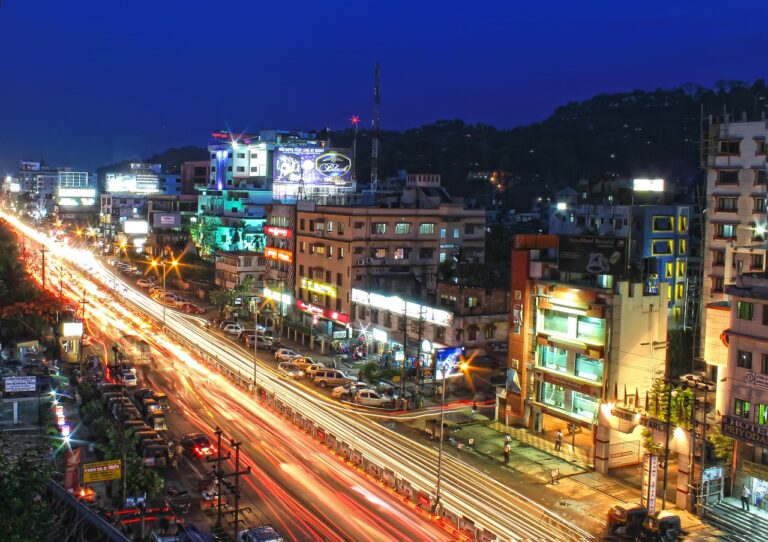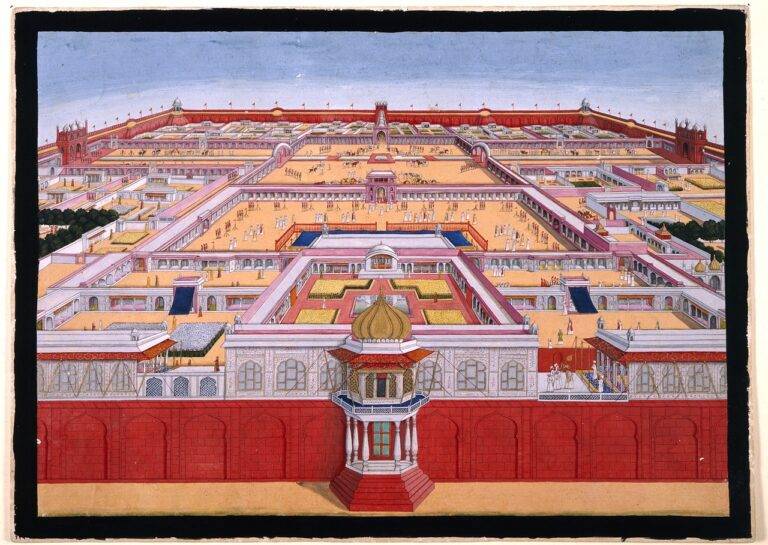The Evolution of Hashtags in Political Campaigns on Social Media
diamond exch 999, play 99 exch login, reddybookclub: Social media has become an integral part of modern political campaigns, with candidates using platforms like Facebook, Twitter, and Instagram to reach voters and spread their message. In recent years, we have seen some incredibly successful social media campaigns in elections around the world that have helped candidates connect with voters in new and innovative ways. Let’s take a closer look at some of these successful campaigns and what made them so effective.
**Obama’s 2008 Campaign: A Social Media Revolution**
Barack Obama’s 2008 presidential campaign is often credited with revolutionizing the use of social media in politics. Obama’s team used platforms like Facebook, Twitter, and YouTube to engage with voters on a personal level, sharing behind-the-scenes content, campaign updates, and inspiring messages. This approach helped Obama connect with younger voters and build a grassroots movement that ultimately led to his historic election win.
**Trump’s 2016 Campaign: Controversy and Engagement**
Donald Trump’s 2016 presidential campaign was marked by controversy, but it was also incredibly successful in leveraging social media to engage with voters. Trump used Twitter as a direct line of communication with his supporters, often posting provocative and attention-grabbing tweets that dominated the news cycle. While his approach may have been divisive, there’s no denying that it was effective in mobilizing his base and driving engagement online.
**AOC’s 2018 Campaign: Authenticity and Connection**
Alexandria Ocasio-Cortez’s 2018 congressional campaign is another standout example of a successful social media campaign. AOC used platforms like Instagram to share authentic and relatable content that resonated with voters, especially younger audiences. By showcasing her personality, values, and vision for change, AOC was able to connect with voters in a way that felt genuine and inspiring.
**Biden’s 2020 Campaign: Unity and Empathy**
Joe Biden’s 2020 presidential campaign focused on unity and empathy, and his social media strategy reflected these themes. Biden used platforms like Facebook and Twitter to share messages of hope, compassion, and unity, positioning himself as a unifier who could bring the country together. This approach helped Biden appeal to a broad range of voters and ultimately secure his victory in the election.
**Corbyn’s 2017 Campaign: Momentum and Momentum**
Jeremy Corbyn’s 2017 campaign in the UK also leveraged social media to great effect, particularly through the grassroots movement known as Momentum. Corbyn’s team used platforms like Twitter and Facebook to mobilize supporters, share campaign updates, and rally voters around the Labour Party’s message of social justice and equality. This digital grassroots movement played a key role in energizing young voters and helping Labour make significant gains in the election.
**Modi’s 2014 Campaign: Digital Dominance**
Narendra Modi’s 2014 campaign for Prime Minister of India was marked by digital dominance, with his team leveraging social media to reach voters across the country. Modi used platforms like Twitter and Facebook to share campaign updates, connect with supporters, and highlight his vision for economic development and good governance. This digital strategy helped Modi connect with voters in urban and rural areas alike, contributing to his landslide victory in the election.
**Conclusion**
These case studies highlight the power of social media in modern political campaigns, showing how candidates can use platforms like Facebook, Twitter, and Instagram to engage with voters, share their message, and mobilize supporters. By harnessing the reach and influence of social media, candidates can connect with voters in new and impactful ways, driving engagement, building momentum, and ultimately securing electoral success.
**FAQs**
1. How important is social media in political campaigns?
Social media has become increasingly important in political campaigns, providing candidates with a direct line of communication to voters and a platform to share their message and engage with supporters.
2. What are some key strategies for a successful social media campaign in elections?
Some key strategies for a successful social media campaign in elections include authenticity, engagement, consistency, and a clear message that resonates with voters.
3. How can candidates use social media to reach younger voters?
Candidates can use social media to reach younger voters by sharing authentic and relatable content, engaging with followers in a meaningful way, and addressing issues that are important to younger audiences.
4. What role does social media play in mobilizing grassroots movements?
Social media plays a crucial role in mobilizing grassroots movements by providing a platform for supporters to connect, share information, and organize events and activities. Candidates can use social media to empower grassroots supporters and build momentum around their campaign.
In conclusion, successful social media campaigns in recent elections have demonstrated the power of these platforms in connecting with voters, mobilizing support, and driving engagement. By leveraging social media effectively, candidates can reach new audiences, build momentum, and ultimately secure electoral success.







